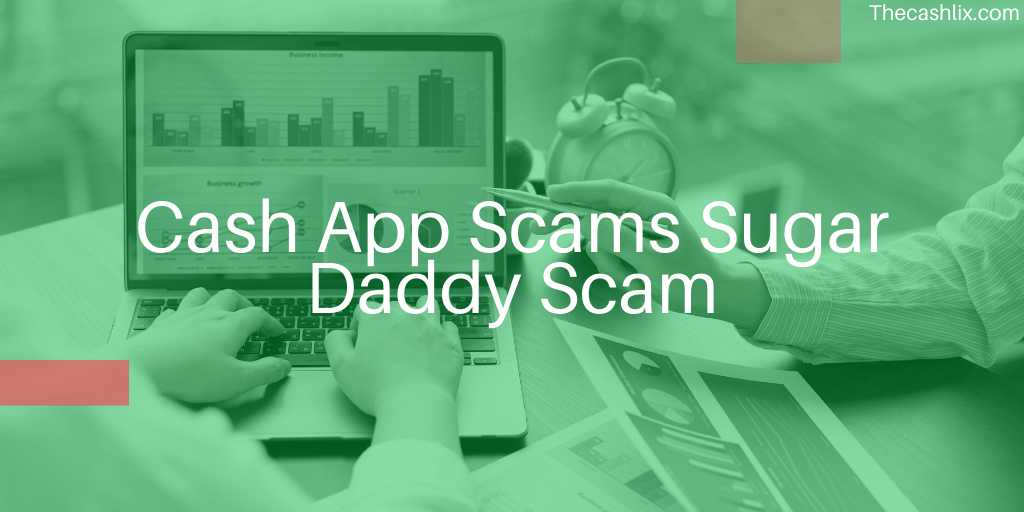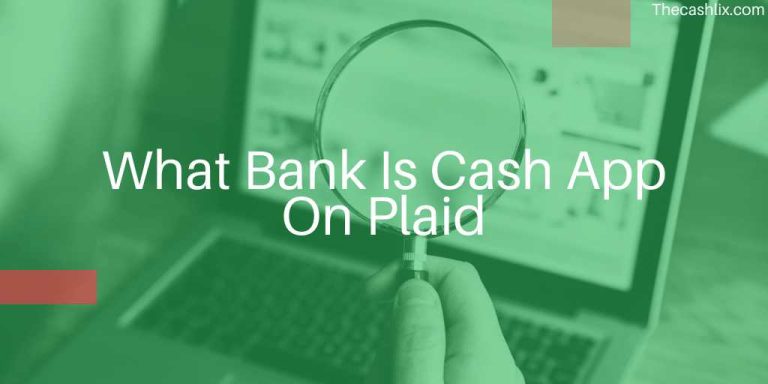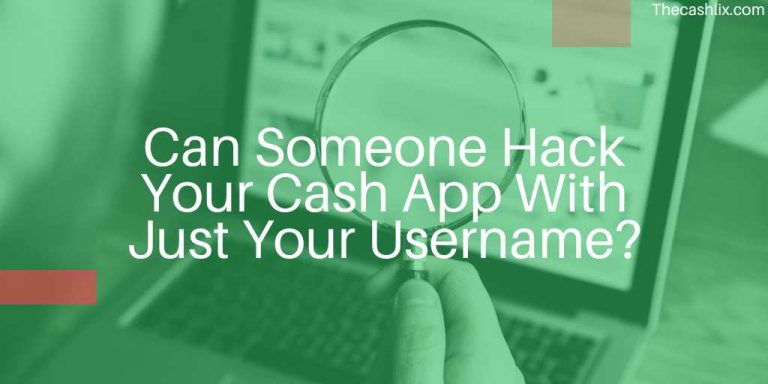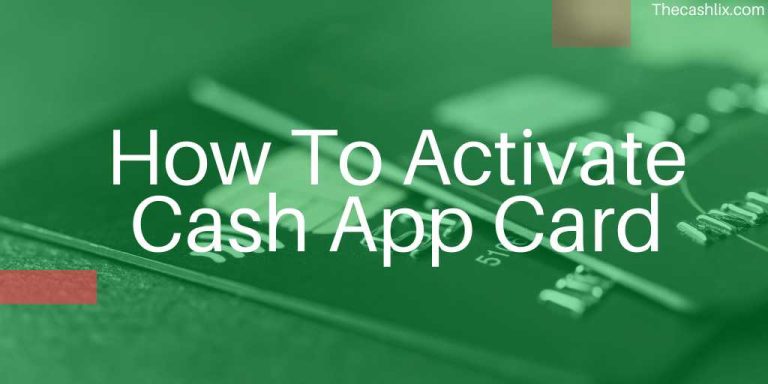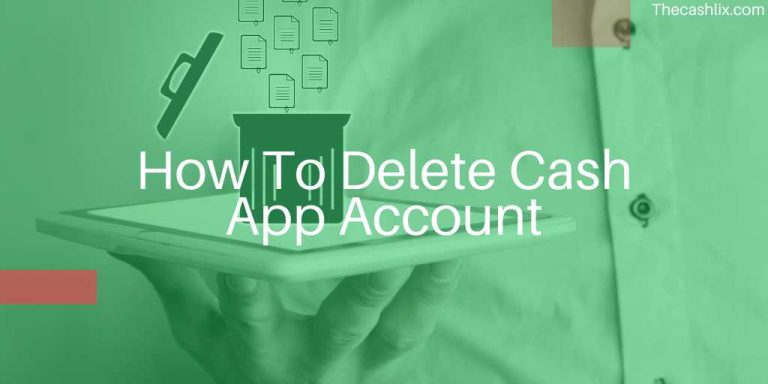Cash App Scams Sugar Daddy Scam – Avoid & Don’t Get Scammed
Sugar daddy scams on Cash App are increasingly common these days. With the promise of easy money and no strings attached, it can be tempting to believe you’ve found a generous benefactor. However, most of these offers are simply scams aimed at stealing your money.
In this comprehensive guide, I’ll walk you through exactly what a sugar daddy scam is, how they work, real-life examples, and most importantly—how to protect yourself.
Whether you’re already talking to a potential sugar daddy online or just want to avoid these scams in the future, you’ll learn the key red flags to watch for and best practices to stay safe. Let’s dive in!
Key Takeaways
- Beware of the Cash App Sugar Daddy Scam, where fraudsters exploit the sugar daddy system to steal money.
- Scammers use various methods to trick unsuspecting Cash App users, such as sending fake links and requesting small payments upfront.
- To avoid falling victim to this scam, avoid using Cash App for payments, change passwords regularly, and contact Cash Support for help.
- If your sugar daddy exhibits suspicious behavior such as being vague, insisting on private meetings, and asking for money, it’s likely a scam.
What is a Sugar Daddy Scam?
First, let’s level-set on what a sugar daddy actually is.
A sugar daddy is an older, wealthy man who lavishes gifts and allowances on a younger woman, known as a sugar baby. This mutually beneficial relationship provides companionship and intimacy in exchange for material support.
Legitimate sugar daddy arrangements made through reputable dating sites do exist. However, scammers have caught on to the allure of this relationship dynamic to con unsuspecting victims.
A sugar daddy scam unfolds through messaging apps or social media. You’ll be contacted out of the blue by someone claiming they want to be your sugar daddy and shower you with money and gifts. All they seem to want in return is some online chatting.
Too good to be true? You bet. These scammers have no intention of actually sending you money. Their end goal is to steal your cash instead.
Sugar daddy scams often involve Cash App because it’s a popular peer-to-peer payment app. Let’s break down exactly how the scam works.
How the Sugar Daddy Cash App Scam Works
The scam typically starts through a direct message on social media sites like Instagram, WhatsApp or Twitter.
The scammer initiates the conversation expressing interest in being your sugar daddy. He explains he would love nothing more than to send you a weekly allowance and buy you gifts. You just have to chat with him sometimes when he’s feeling lonely.
If you engage and seem open to the idea, he will ask for your email address and Cash App username or $cashtag. He wants to “prove” he’s the real deal by sending you money.
Once you provide this info, you’ll receive an email that looks like it’s from Cash App. It will state that your sugar daddy sent you a payment, but the money is on hold. To release the funds, you need to pay a clearance fee—usually around $50-$100.
Desperate to access the money that seems so close, you pay the “fee.” But unsurprisingly, you never receive any money from this sugar daddy or Cash App. The scammer disappears with your hard-earned cash.
Some especially sneaky scammers will tell you the payment is still blocked even after you make the first fee payment. They’ll say you need to send more money to fully release the funds. This can lead victims to pay again and again, losing hundreds of dollars.
Real-Life Sugar Daddy Cash App Scam Examples
To help spot these scams in the wild, here are some real-life examples shared by victims:
- Lindsey received a message from a man named “Tom” offering to be her sugar daddy and provide a $700 weekly allowance. After she gave him her email and Cash App name, she got an email claiming Tom sent $5,000, but she had to pay $100 to Cash App to receive the money. She never heard from Tom again after paying the $100.
- James was contacted by someone named “Sarah” who claimed she was looking for a sugar baby to spoil. She said she already sent James $3,000 on Cash App and that he’d get the money as soon as he paid a $75 clearance fee. James realized it was a scam before sending any money.
- Alexis got a message from a sugar daddy account on a dating site. He quickly asked for her number and email then sent her a fake Cash App email asking for $250 to release a $5,000 payment. She paid the $250 but never received any money from him.
- Tyler was scammed out of $400 after a man messaged offering to pay his credit card bill and rent through Cash App. He paid several fees before realizing the sugar daddy’s promises were fake.
As you can see, the structure of these scams remains largely the same. The scam revolves around asking victims to pay an upfront “fee” to receive a large payment that never arrives.
9 Red Flags to Spot Sugar Daddy Cash App Scams
Learning how to identify the signs of a scam is your best form of defense. Here are the top red flags to watch out for:
1. They initiate conversation out of the blue. Whether it’s on social media or a dating app, be wary if a stranger contacts you offering a sugar daddy arrangement without any prior conversation.
2. They quickly ask for personal contact information. Scammers will try to move the conversation off the platform and get your email address and Cash App details right away.
3. The offer seems too good to be true. It’s highly unlikely a complete stranger would send you thousands of dollars every week without asking for anything in return.
4. They send an email pretending to be from Cash App. Look out for fake emails with slight variations of the real Cash App email address.
5. The email asks you to pay a clearance fee. Real payments on Cash App never require upfront fees to be released.
6. The scammer disappears after you pay any fees. Once they get your money, the scammer will stop responding and delete their fake account.
7. They pressure you to act fast. Scammers want to hurry you into sending money before you detect the scam.
8. They promise to pay other bills or expenses. Fraudsters might claim they’ll pay your rent, loans, or other financial obligations—as long as you pay a fee first.
9. The correspondence feels scripted or formal. Conversations with fake sugar daddies often sound stiff and rehearsed rather than natural.
Trust your instincts. If an offer raises any suspicions, cease contact and block the user immediately.
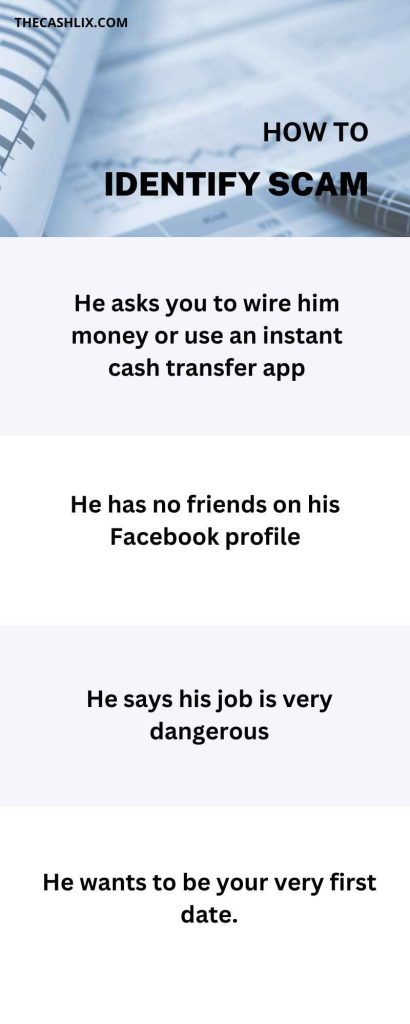
How to Report Sugar Daddy Scams on Cash App
If you’ve fallen prey to one of these scams, it’s important to report it to Cash App and the relevant authorities. Here’s the step-by-step process:
- Contact Cash App Support: Report the scam within Cash App so they can block the user and investigate.
- File a complaint with the FTC: Lodge a scam report with the Federal Trade Commission at ReportFraud.ftc.gov.
- Report to the police: Your local police or the FBI take these scams seriously. File a report to aid investigation.
- Inform your bank: If you paid fees via debit card or bank transfer, alert your bank of the fraudulent charges.
- Report social media accounts: Use social platforms’ reporting tools to flag fake sugar daddy accounts.
- Post scam warnings: Consider sharing your experience on forums or social media to help prevent others falling victim.
Even if you can’t recover the lost money, reporting the scam can help authorities track down fraudsters and build cases against them. The more evidence collected, the better chance there is to combat these crimes.
Protect Yourself from Sugar Daddy Cash App Scams
The best way to handle these scams is avoiding them altogether. Here are some proactive tips to keep your money safe:
- Set social media profiles to private. Don’t allow DMs from strangers who could be scammers.
- Avoid responding to suspicious messages. The promise of easy money is usually a scam. Don’t engage.
- Research someone’s identity thoroughly first. Search for photos and profiles across multiple sites to spot fakes.
- Use legitimate dating sites to find arrangements. Vetted platforms like Seeking help avoid scammers upfront.
- Never pay unverified strangers. Don’t send money just because someone promises to repay you.
- Turn on purchase approval in Cash App. This adds a PIN requirement to protect your balance.
- Link accounts & cards you can monitor. It’s riskier to pay fees via untraceable cash transfers.
- Talk to loved ones if you’re concerned. Discuss the situation with trusted friends and family.
Sugar Daddy Cash App Scams: FAQs
Can you get your money back if you fall for a sugar daddy Cash App scam?
Unfortunately, it’s very rare to recover any money lost in these scams. Cash App does not offer refunds for authorized payments sent voluntarily. You can ask your bank to dispute charges if you paid fees via debit card.
How do sugar daddies and sugar babies find each other safely?
Use a reputable dating site like SeekingArrangements that vets members. Look for detailed profiles, confirmed photos, and video call options to validate matches. Discuss terms openly before exchanging any financial information.
Is it ever legit for a sugar daddy to send you money before meeting?
It’s possible, but highly unlikely. Fake cash transfers are a telltale scam tactic. Genuine benefactors will want to meet up first before trusting someone with large sums.
Can you get in trouble with Cash App if you accept scam money?
You won’t face consequences for being scammed since you’re the victim. But knowingly taking fraudulent funds could violate Cash App terms and raise legal issues. Avoid “free money” offers.
Do sugar daddy scams ever take place in person?
Yes, scammers may try to convince you to meet up claiming they’ll give you money then. They’ll make excuses why they left their wallet at home. Be wary of anyone who discusses financials before meeting.
The Bottom Line on Avoiding Sugar Daddy Scams
Sugar daddy scams are running rampant on peer-to-peer apps like Cash App. While the promise of easy money seems enticing, rest assured any stranger offering to lavish you with cash out of the blue cannot be trusted.
By identifying the red flags, cutting off suspicious contacts quickly, and using secure arrangements, you can steer clear of these frauds. Being aware of common scam tactics is the key to keeping your hard-earned money safe.
Stay vigilant, trust your instincts, and don’t get lured in by the promise of free cash. If you avoid trying to take shortcuts, you can make sure no fake sugar daddy steals your sweet cash.

